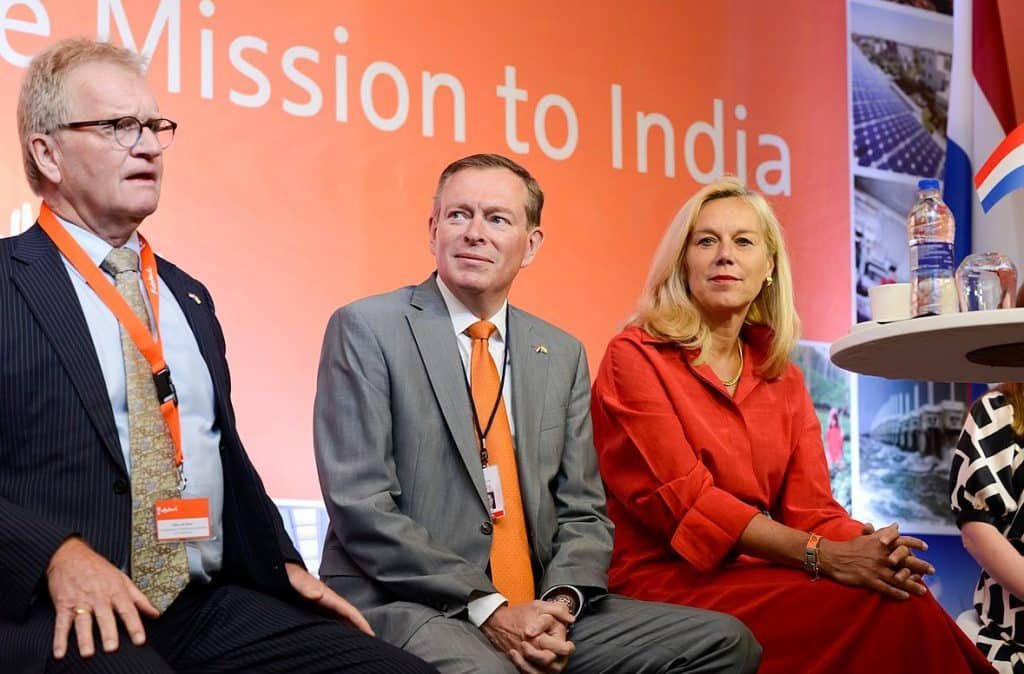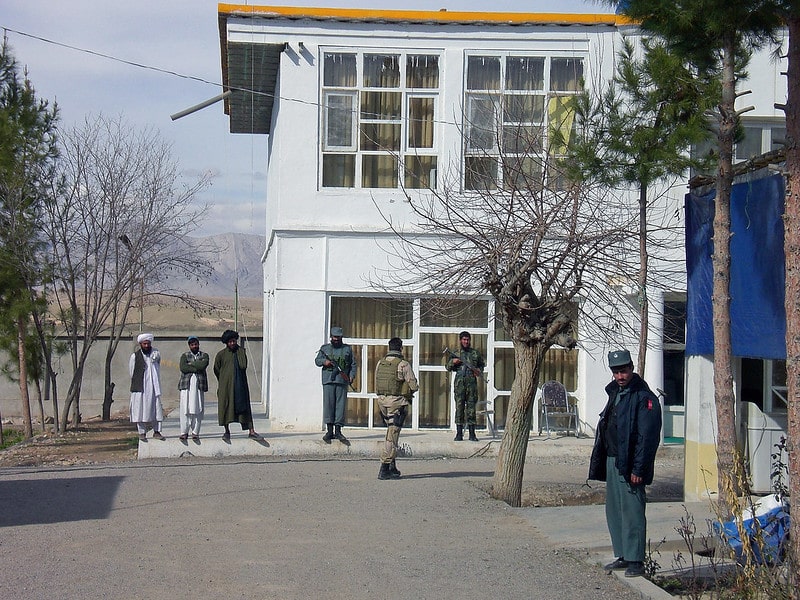Next week, Dutch politicians will consider the establishment law of 'Invest International', a fund that will allow Dutch companies to make sustainable investments abroad. A win-win situation you might say; Dutch companies earn and other countries benefit from the investments. Yet it is not clear how and whether the most vulnerable countries and groups will benefit from this new fund. Fortunately, there is a mandatory tool that asks officials in new policies and regulations to assess the impact on developing countries and gender equality. Yet responsible minister Kaag and her officials did not visibly apply this tool at Invest International. And they are not the only ones: research by Building Change, a partnership between Partos, Woord & Daad and Foundation Max van der Stoel, shows that ministries insightfully map these effects in only 5% of relevant policies.
The SDG test
Since 2015, the Netherlands has committed to the United Nations' Sustainable Development Goals (SDGs), which represent a major change agenda to make the world more balanced, with targets for ending poverty or achieving gender equality, for example. As far back as 2016, members of the House of Representatives asked for an instrument that promotes these goals and can prevent unsustainable decisions. Minister Kaag for Foreign Trade and Development Cooperation took this up in 2018, and in 2019 the SDG test was a reality.
The SDG test sounds like an MOT inspection, and in a way it is true. Only this is not about your Fiat Panda that may or may not last another year, but about the sustainability of Dutch policies. Since 2011, policies and regulations submitted to Parliament must pass through a questionnaire that checks the quality of the policy. This is called the Integral Assessment Framework for policies and regulations (IAK). The SDG test is simply an addition of two questions to this list: what is the impact of new policies and regulations on developing countries and on gender equality?
Invest International
Back to the bill on the establishment of Invest International. This bill seems baked for the SDG test. It is easy to assume that Dutch trade abroad has positive as well as negative impacts on local stakeholders, especially in developing countries with fragile economies and governance. Moreover, the bill seems like an excellent opportunity for the Netherlands to engage in gender equality. Therefore, at the time the bill came to the House of Representatives, the two questions should have been answered in the Explanatory Memorandum. As it turns out, the Explanatory Memorandum ignores any negative impact on developing countries and does not mention gender at all.
Impact
Not answering a question on developing countries and gender equality may not seem significant, but it has big implications. First, destructive policies on developing countries and gender equality can be avoided. Second, transparently answering the questions raises awareness among politicians and officials about the effect Dutch policies can have on developing countries and gender equality. And that, with the right attitude, Dutch policy can actually bring about positive developments.
How next?
Two years after the introduction of the tool, it is time to actually put the SDG test into visible operation. This can be done by raising awareness about the SDG test in The Hague and mandating transparent answers to the questions. During last week's debate on the Foreign Trade and Development Cooperation budget, the PvdA and SGP therefore again asked for a better interpretation of the SDG test. Minister Kaag again promised to work on this. Hopeful news, but it remains to be seen whether these words will be followed up with deeds.
Additional efforts are needed to make achieving the SDGs more realistic at home and abroad. Therefore, the Netherlands must stand firmly behind sustainable development and pull out all the stops to achieve the goals, starting with answering a set of simple questions. Dutch politicians do not have to do this alone. The multitude of diverse initiatives from civil society, are ready to support with thought and action.
This article was previously published on the SDG Netherlands website
By: Jurrian Veldhuizen
Photo: Bruno Bruins and Sigrid Kaag on a trade mission to India in 2018: Wikimedia Commons





